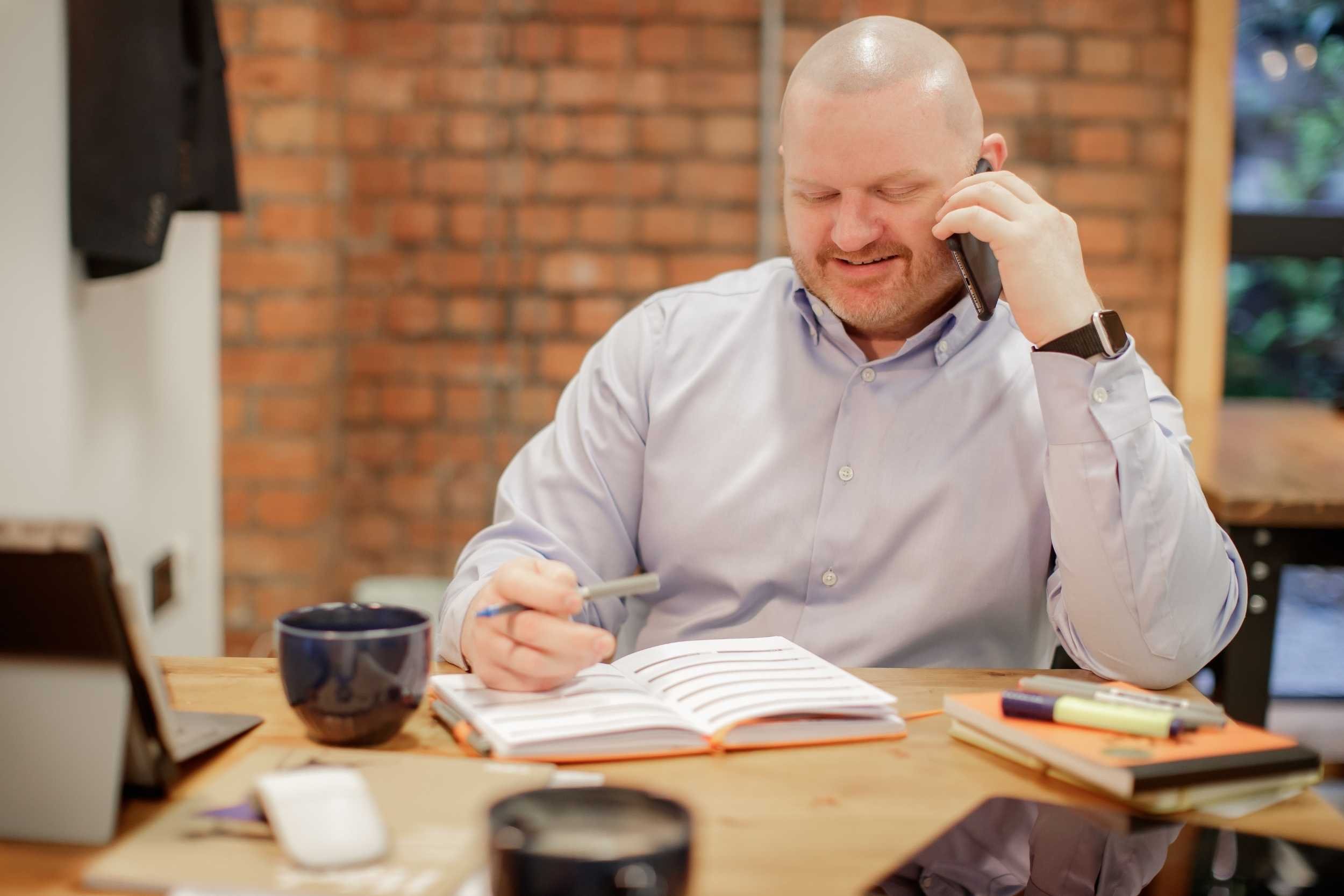I’m often asked to define the value of HR. For starters, HR Business Partners can create a competitive advantage for your organisation. Here’s how:
Business partners are strategic thinkers, who nurture talent and get things done. In HR they can improve people management, reduce pointless admin and get the team firing on all cylinders.
They see through internal teams, to focus on bigger business goals, helping create better synergy between everyday work and big-picture company ambitions.
Business partnering was designed by Dave Ulrich almost 30 years ago, to help join up organisational strategy, workplace culture and business objectives. The model creates people solutions that deliver better commercial results.
HR Business Partners create solutions that get you better results
How do HR Business Partners (HRBPs) work?
It varies depending on the business, but there are two common models of HRBP, explored in detail by the CIPID in their Business Partnering Factsheet, but in brief:
Standalone HR Business Partners – aligned to a specific business unit
-
The CIPD defines this role as “the focus of the relationship between HR and L&D and the business, ensuring HR and L&D are aligned effectively with the teams and individuals they support. BPs are facilitators and business consultants, ensuring that the HR value proposition is both relevant and effective”.
Three-pronged HRBP model – where the HR service runs across three areas of expertise:
-
Shared Services – A centralised group handling transactional services across the organisation, such as payroll, sickness, recruitment and administrative HR support.
-
Centres of Excellence – Small specialist HR teams, delivering business and people benefits. They tend to manage work around innovation, learning, reward, employee engagement as well as nurturing talent.
-
Strategic Business Partners – Experienced people professionals who work closely with leaders. Embedded in business units, influencing, steering and implementing business and people strategy.
HR Business Partners work closely with leaders to implement business strategy
What does a good Business Partner look like?
Business partnering is a skilled role that needs a mix of experience, values, capability and knowledge. It’s not suited to everyone.
I’ve seen HR Business Partnering done differently in many organisations and every successful HRBP has a unique set of skills, knowledge and experience.
Business Partner Skills
There are some specific skills that elevate fantastic HRBPs way above the mediocre. A top level HRBP will be able to:
-
Quickly establish positive working relationships that deepen over time.
-
Work closely with business leaders and/or line managers.
-
Lead on complex HR projects with credibility.
-
Be change-makers – oozing business culture & values, to shape influence and inspire change.
Business Partner Knowledge
A good HRBP needs to know what they’re talking about and be able to communicate their expertise to others with passion and flair. They will be:
-
Embedded in the business, a person ‘in the know’.
-
Able to use the tools of the trade – models that support change and organisational design, employee engagement tools and other strategic ‘instruments’.
-
Steering and implementing business and people strategy.
Business Partner Experience
An effective HRBP has credibility. It’s not a role well suited to ambition without experience. It works best when a person is:
-
A senior and/or experienced people professional, who may have held a leadership role in the past.
-
A confident generalist although they may have specialised in the past.
-
Familiar with navigating complex people situations, everything from changes and reorganisation to the most challenging grievances, disciplinaries and performance issues.
A top-notch HRBP helps leaders to navigate complexity and change
How do I know if HR Business Partners would work in my organisation?
It doesn’t work in every organisation, it’s not a model that can be bolted on to a very old-fashioned way of managing people.
You need a certain amount of infrastructure and systems in place already for it to work and you need to work at it once you’ve introduced the model.
Making HR Business Partnering work for you will take time, effort and resources
Four key questions you can ask yourself to find out if HR Business Partners could transform your organisation…
As, it’s not a simple ‘yes’ or ‘no’, we’ve helpfully devised four key questions you can ask yourself to figure out whether an HRBP model could benefit your business:
The best HRBPs transform organisational performance and productivity
Question 1 – Do I have clear business strategy or some form of business plan with tangible outcomes, objectives or goals?
This matters because HR need to know how to help teams internally deliver what customers want. True HR business partnering is about enabling your people to achieve their goals and serve your customers better.
Question 2 – Do HR have a seat at the table in top-level decision making?
This is crucial. If your HR Team is not represented at the top level of your business then they’ll never have the opportunity to make the kind of strategic impact you’re going to need.
-
In large organisations this means a Chief People Officer or HR Director on the Exec Team or Board.
-
In smaller organisations this means a Head of HR or Business Partner reporting directly to either the Chief Executive or Managing Director, or one of the directors of your business.
Question 3 – Do I have the infrastructure to produce good (read that as reliable) data about my people?
This matters because good HR is about evidence-based practice and measuring the impact of our work. As the old saying goes ‘what gets measured gets done’.
Question 4 – Do I care about our high levels of engagement, wellbeing and team morale?
Wait…what…of course I do! This question matters because there’s nothing worse than introducing a modern and mature approach to people management in your organisation, if it’s not aligned with the way you do things.
How did you do…?
If you answered mostly positively, then congratulations, it’s likely that a HR business partnering model will work for you! If you answered mostly negatively, then you probably aren’t ready to introduce HR business partnering just yet…but don’t despair, you can get there.
In a nutshell, if you don’t have a HR Business Partnering model, you’re probably missing-out
The biggest benefit of the HRBP is to create solid connections between your people and your business goals, making sure that all people activities in your business link with what the customer needs.
In short, if a ‘people task’ doesn’t help you achieve your business goals, then don’t do it.
Give me a call if you want to delve further and explore how a HRBP model could work for you.
Don’t know where to start?
I know that HR can sometimes seem like a dark art and the thought of changing to a different way of working can feel overwhelming.
I love working with Exec Teams to improve performance and unleash the potential of their organisations. Who knows what you might achieve?
Give me a call if you want to delve further and explore how a HRBP model could work for you.
Image credits
Images sourced from Canva Pro and are photographers are not individually credited. If you see one of your photos above, please let us know so we can credit you here. Photo of Andrew Knight by Nick Morrish from Nick Morrish Photography







